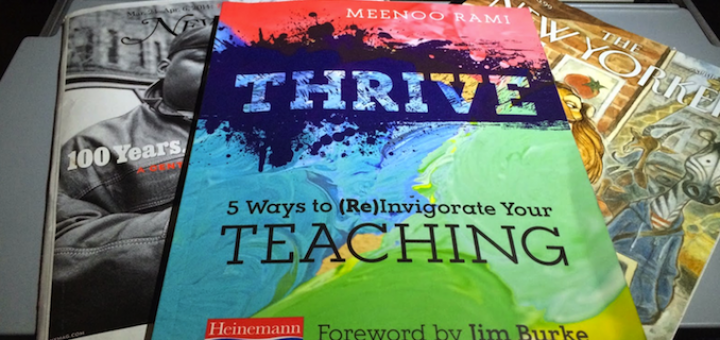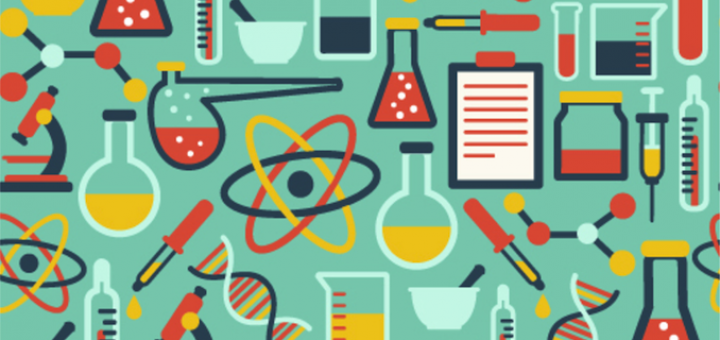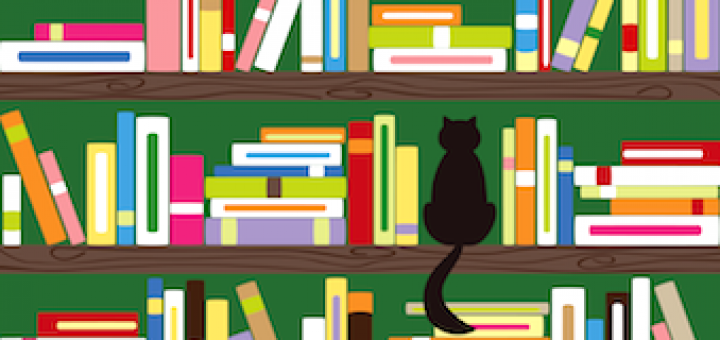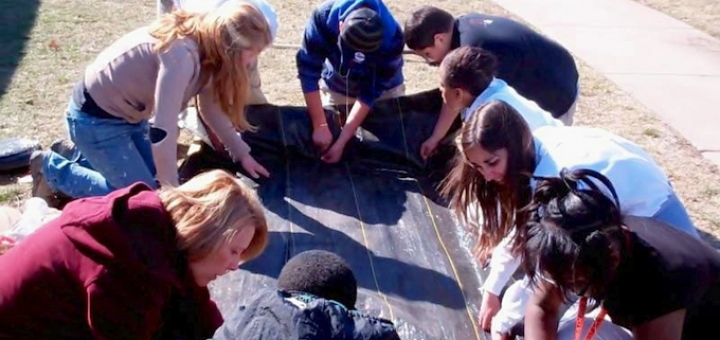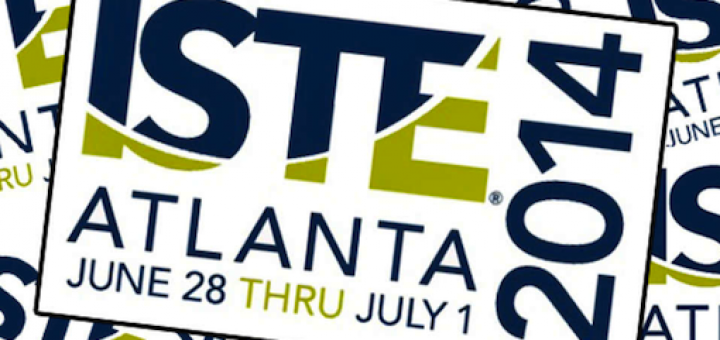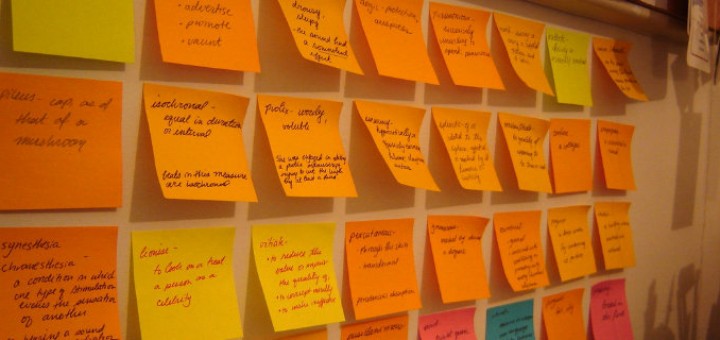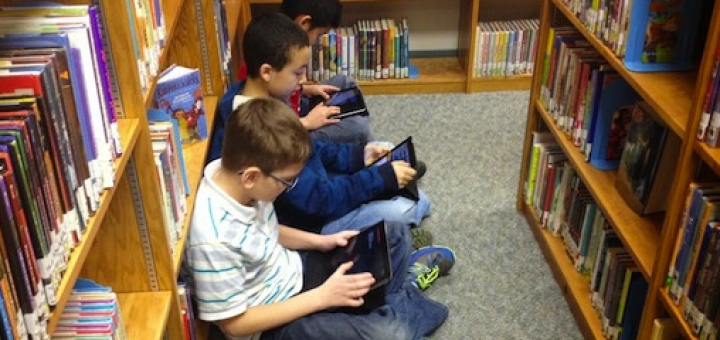Teaching and learning in grades 4-8
New to the STEM classroom? Returning for another year of STEM when fall arrives? Either way, summer is the ideal time to wrap your head around what you’ll be doing. Try some of Anne Jolly’s suggestions for what you can do in July!
Professional growth & student engagement should be “a central daily goal of every teacher in every classroom,” writes our blogger Kevin Hodgson. He points to THRIVE, a new book by teacher leader Meenoo Rami, as a source of guidance and inspiration.
While most students understand how to operate smart phones, they understand far less about what they see on their digital devices. Learning visual literacy in school is a vital skill today, says Frank W. Baker.
The authors of Science Notebooks: Writing about Inquiry not only offer a practical standards-aligned guide to helping students gather and assess data in the inquiry classroom, they help teachers envision how science notebooks can promote student ownership of learning.
The authors of Interactive Notebooks & English Language Learners offer convincing evidence that interactive notebooks can provide ELLs with the academic scaffolding needed to actively participate in classroom activities, says reviewer Elisa Waingort.
In this helpful how-to article Judith Wencel, founder of SUCCESS in the Middle, distills 20 years of experience effectively recruiting and preparing community tutors and mentors – dispelling the myth that “nobody will volunteer in middle schools.”
During the ISTE 2014 Conference in Atlanta GA, we posted a sampler of tech-oriented MiddleWeb articles, blog posts and reviews that we believe might add a little something to your digital toolbox. Passionate learning? Connected students? We got it!
Brief encounters with academic vocabulary can add hundreds of words to a student’s collection every year. How to find the time for those short lessons in a busy school day? Marilee Sprenger shares ten possibilities in this guest article.
Close reading isn’t just for printed texts anymore. To help students meet Common Core standards related to close observation and effective questioning, media literacy consultant Frank Baker suggests ways to engage them with a range of visual content.
Bringing online conversations around books into the schoolhouse can prepare our students for what reading looks like today and tomorrow, says K-5 principal Matt Renwick. He highlights the development of his school’s first student digital book club.


